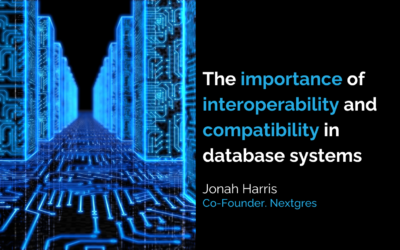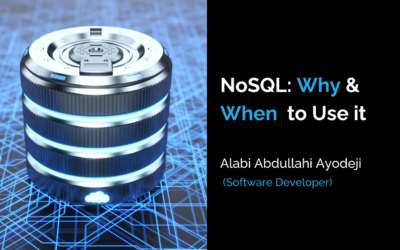In the world of software development, document databases have emerged as a powerful tool for managing semi-structured and unstructured data. Unlike traditional relational databases, document databases are designed to store and manage data in the form of documents, which makes them more flexible, scalable, and performant.
What are document databases?
Simply put, a document database is a type of NoSQL database that stores data in the form of documents. These documents can contain a wide range of data types, including text, images, and videos. The documents are self-contained, which means that they contain all the information related to a particular entity, making them ideal for applications that deal with complex data structures.
Unlike relational databases, which use a fixed schema to define the structure of the data, document databases are schema-less. This means that developers can add or remove fields from documents as needed, without having to make changes to the database schema. This flexibility allows developers to adapt quickly to changing data requirements and to create applications that are more agile and responsive.
Document databases also use a different data model than relational databases. Instead of storing data in tables with predefined relationships, document databases store data in collections of documents. This makes it easy to represent complex hierarchical relationships between data objects.
Why is a document database community needed?
Now, let’s talk about why a document database community is needed.
A document database community is a group of developers, users, and enthusiasts who share a common interest in document-oriented databases. This community is essential to promote the adoption of document databases and provide support to developers who are using or planning to use these databases in their applications.
Here are some reasons why a document database community is necessary:
Sharing Knowledge and Best Practices: A community is a place where developers can share their knowledge and best practices for using document databases effectively. This exchange of ideas and experiences can help developers overcome common challenges and avoid common pitfalls.
Promoting Adoption and Education: A strong community can help promote the adoption of document databases by educating developers about the benefits of using these databases and providing resources to help them get started. This can include documentation, tutorials, and sample code.
Providing Support: Developers using document databases may encounter issues or have questions about how to use specific features. A community can provide support by answering questions and providing guidance on how to solve problems.
Contributing to Open Source Projects: Many document databases are open source, which means that anyone can contribute to their development. A community can provide a platform for developers to collaborate on open source projects, making them more robust and feature-rich.
In conclusion, document databases have become an essential tool for modern application development due to their flexibility, scalability, and performance. A strong document database community is needed to promote their adoption, share knowledge, provide support, and contribute to their development.
If you’re interested in document databases, consider joining a community to learn more and get involved!
Follow us on social media
Learn more about our monthly meetups.
Join the community on Slack.
Related posts
Back to the future: Scaling infrastructure in a modern cloud world
How about more insights? Check out the video on this topic.In the ever-evolving landscape of cloud computing, the challenges of scaling infrastructure have taken on new dimensions....
The importance of interoperability and compatibility in database systems
How about more insights? Check out the video on this topic.The cloud has revolutionized how we store and access data. However, with a growing number of cloud-based tools and services,...
NoSQL: Why and When to Use It
How about more insights? Check out the video on this topic.Traditional SQL databases have long been the industry standard, but as modern applications demand more flexibility and...
Subscribe to Updates
Privacy Policy






0 Comments